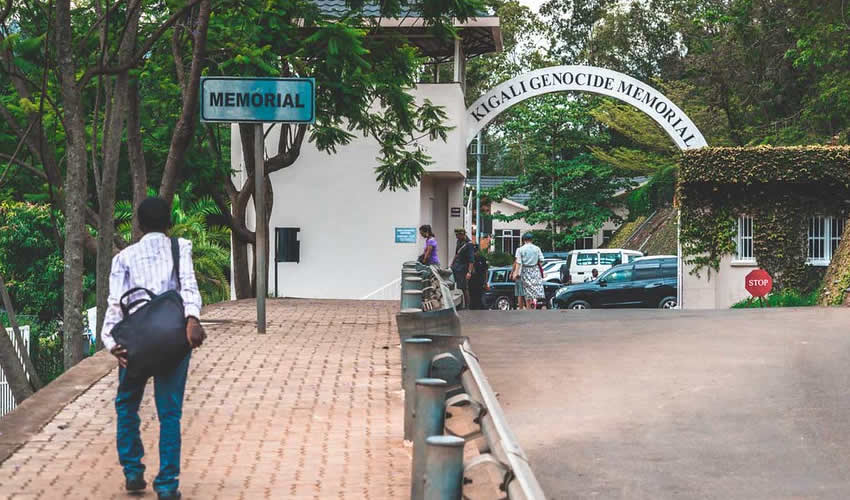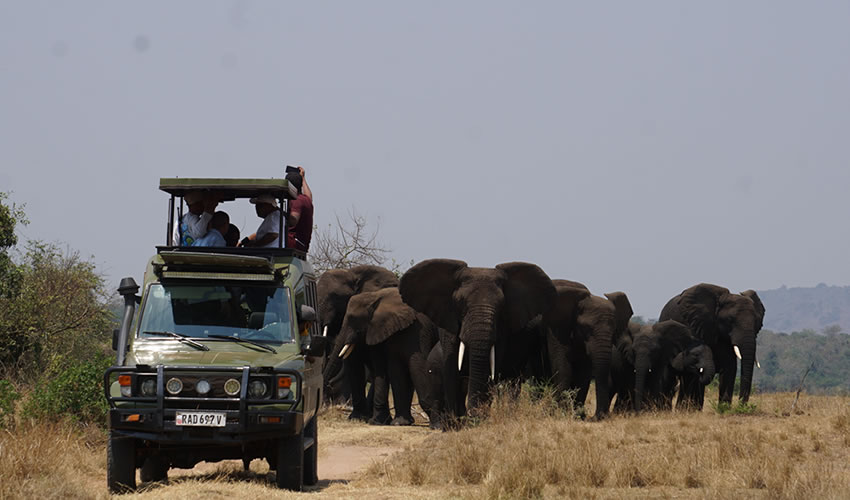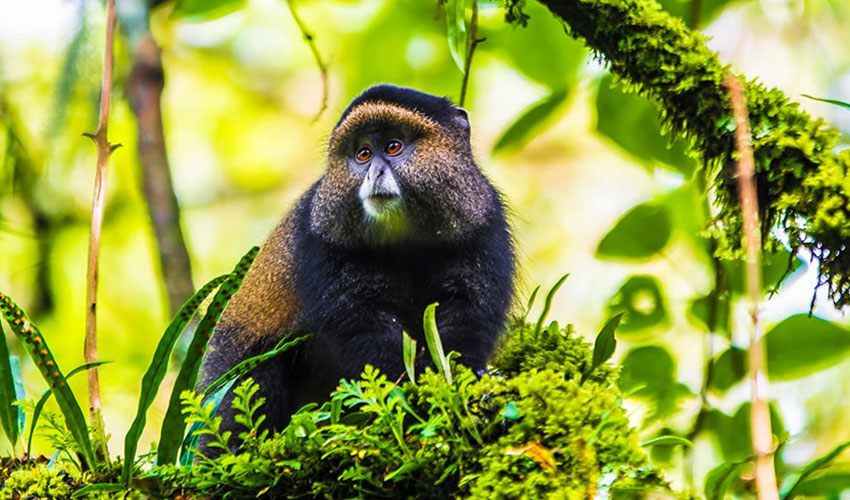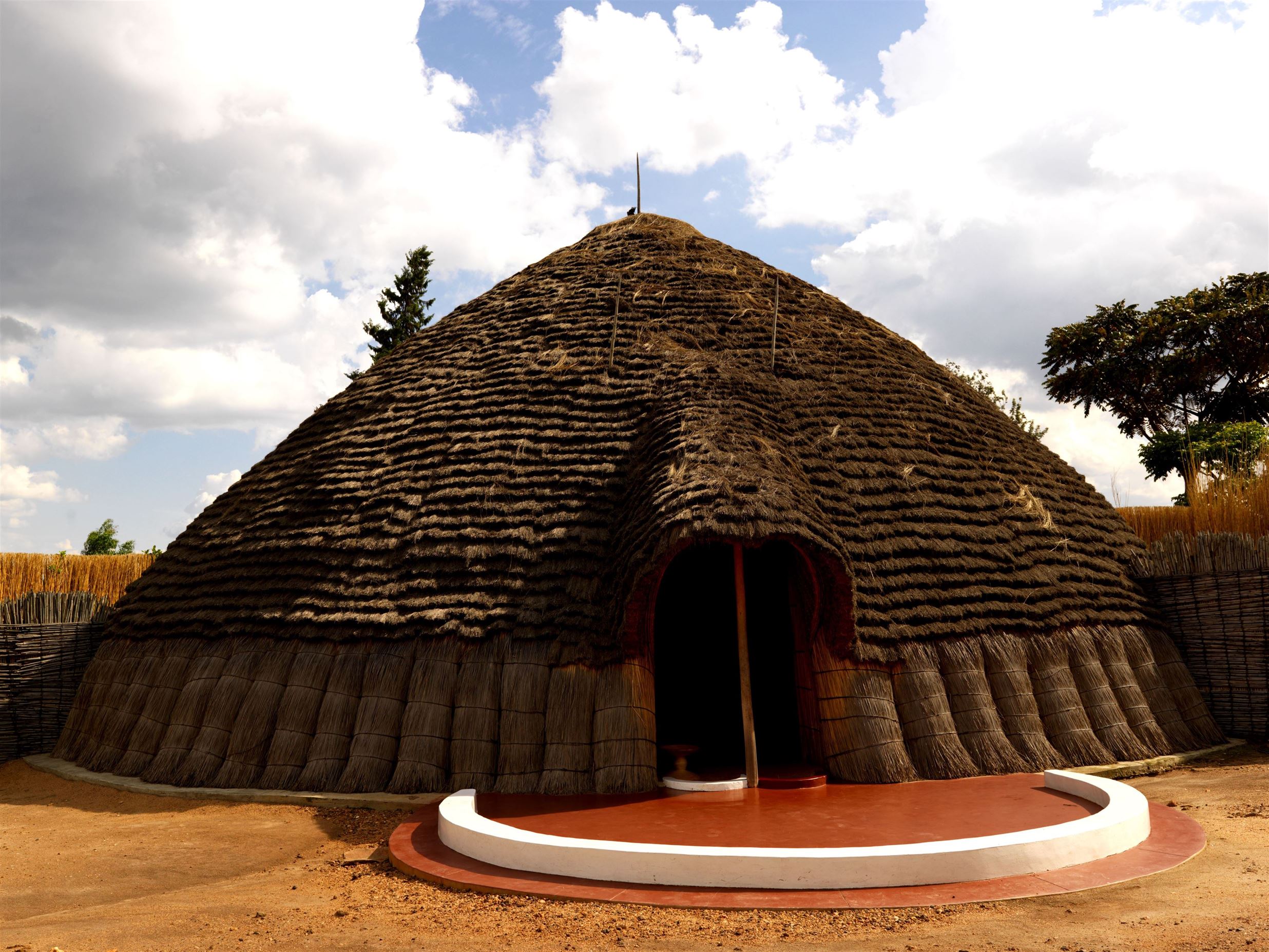Embarking on an adventure in Rwanda is an experience like no other, filled with breathtaking…

Rwanda travel guide
Rwanda travel guide and destinations, Rwanda, known as the “Land of a Thousand Hills,” is a beautiful country located in East Africa. Rwanda offers a diverse range of attractions, including stunning landscapes, wildlife encounters, cultural experiences, and a tragic but important history. Start your journey in the capital city of Rwanda, Kigali. It’s a clean, safe, and vibrant city known for its beautiful views, bustling markets, and friendly locals in the communities.
The Kigali Genocide Memorial is on the list of places not to miss visiting in Rwanda because it provides a poignant and informative experience about the country’s history. When visiting Rwanda, Volcanoes National Park is a must-visit destination for wildlife enthusiasts. It’s home to endangered mountain gorillas, and visitors can embark on gorilla trekking expeditions to observe these magnificent creatures up close. The park also offers hiking opportunities, nature walks, and the chance to spot other primates and bird species.
Here’s a brief overview of Rwanda travel guide and destination:
Nyungwe Forest National Park in Rwanda is a pristine rainforest that boasts incredible biodiversity. It’s a haven for nature lovers and hikers, offering various trails that lead to stunning waterfalls, canopy walks, and chimpanzee tracking experiences. The park is also renowned for its rich birdlife, with over 300 species recorded, so tourists are encouraged to visit the park.
Lake Kivu: Situated on Rwanda’s western border, Lake Kivu is the largest lake in the country and a popular getaway destination. Its scenic beauty, calm waters, and sandy beaches make it ideal for relaxation and water activities like swimming, kayaking, and boat trips. The lakeside towns of Gisenyi and Kibuye offer accommodation options and stunning views.
Akagera National Park: Located in eastern Rwanda, it is a diverse savanna ecosystem where you can spot a wide range of wildlife. Take a safari to see elephants, giraffes, zebras, buffaloes, antelopes, and, if you’re lucky, even lions and leopards. The park also features scenic lakes and is an excellent spot for birdwatching.
Rwanda has a rich cultural heritage, and there are many opportunities to engage with local communities and learn about their traditions and customs.
Visit the King’s Palace Museum in Nyanza, the Inema Arts Center in Kigali, or attend traditional dance and drumming performances to immerse yourself in Rwandan culture. While it’s a solemn experience, visiting the genocide memorials in Rwanda is important to understand the country’s history and the resilience of its people. Besides the Kigali Genocide Memorial, you can also visit other sites like the Murambi
Genocide Memorial and the Nyamata Genocide Memorial.
Don’t miss the opportunity to sample Rwandan cuisine. Try dishes like brochettes (grilled meat skewers), sambaza (fried small fish), and the national dish called “Ugali” (a thick maize porridge). Rwandan coffee is also highly regarded and worth tasting. Rwanda is generally a safe country to travel to, but it’s always important to take precautions. Respect local customs, dress modestly, and be mindful of the sensitive history related to the genocide. Follow any instructions given during gorilla trekking to ensure the safety of both visitors and gorillas.
Public transportation in Rwanda is relatively well developed. You can travel between major cities using buses or minibuses. Taxis are also available in urban areas. For longer distances or to reach more remote destinations, it’s recommended to hire a private car or use a guided tour service.
The best time to visit Rwanda (Rwanda travel guide)
is during the dry seasons, which are generally from June to September and December to February. During these months, the weather is generally pleasant, with lower chances of rain and warmer temperatures. The dry season is an excellent time for wildlife viewing as animals gather around water sources, making it easier to spot them. Rwanda is famous for its mountain gorillas, and the dry seasons are considered the best time for gorilla trekking. However, it’s worth noting that gorilla permits can be in high demand during these periods, so it’s advisable to book well in advance.
Rwanda’s climate can vary depending on the region. In Volcanoes National Park, where gorilla trekking takes place, the weather can be cool, especially in the mornings and evenings due to the higher elevation. Light layers and a waterproof jacket are recommended for trekking in the mountains. If you prefer to avoid the crowds and are more flexible with your plans, you can consider visiting during the shoulder seasons, which are the months of March to May and October to November. During these periods, there might be some rainfall, but it’s generally less crowded, and you may find better availability for gorilla permits. Rwanda travel guides and destinations offer a range of accommodation options to suit different budgets and preferences.
Here are some popular accommodation choices for tourists in Rwanda for Rwanda travel guide:
Luxury Lodges: For travelers seeking upscale and luxurious accommodations, Rwanda has several high-end lodges that provide exceptional service and amenities. These lodges often offer stunning views, private cottages or suites, gourmet dining, spa facilities, and personalized safari experiences. Examples include Bisate Lodge, One & Only Gorilla’s Nest, and SingitaKwitonda Lodge.
Mid-Range Hotels: There are numerous mid-range hotels available in major cities like Kigali, Gisenyi, and Kibuye. These hotels offer comfortable rooms, modern amenities, and convenient locations. Some well-known mid-range hotel chains in Rwanda include Marriott, Radisson Blu, and Serena Hotels.
Budget Accommodations: For budget-conscious travelers, there are affordable guesthouses, backpacker hostels, and budget hotels in various parts of Rwanda. These accommodations offer clean and basic facilities at lower prices. Examples include the Discover Rwanda Youth Hostel in Kigali and Red Rocks Rwanda in Musanze.
Eco-Lodges: Rwanda’s commitment to sustainability and eco-tourism is reflected in its eco-lodges. These lodges focus on minimizing their environmental impact while providing comfortable and unique experiences.
They are often located in or near national parks, offering a close connection to nature. Examples include Sabyinyo Silverback Lodge and Cormoran Lodge in Lake Kivu.
Community-Based Tourism:
Rwanda has community-based tourism initiatives that provide visitors with the opportunity to stay in local communities and experience their culture firsthand. These accommodations range from homestays to community-run lodges, offering an authentic and immersive experience. Examples include Kinigi Guest house near Volcanoes National Park and Iby’Iwacu Cultural Villages.



